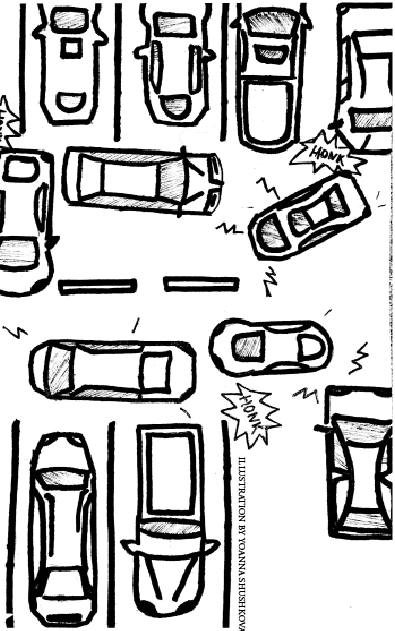
Should participation in the Academic Fair be mandatory for high school students?
BY KEEGAN HASSON
15-year-old Jack Andraka sprang to the stage of the 2012 Intel International Science and Engineering Fair to claim his $75,000 prize. He had dreamed of winning this “Olympics” of academic fairs for the entirety of his life. Andraka single-handedly produced a paper test slip that could easily detect targeted viruses and antigens, such as pancreatic and lung cancer. While it may seem incredible that someone so young could venture into the realm of cancer research, Andraka’s invention meant much more. Compared to most modern techniques of detection, his device was 168 times faster, 26,677 times less expensive, and 400 times more sensitive. It is heart-felt projects like these that academic fairs are supposed to be all about; however, this innovational standard continues to deteriorate as more and more students are forced into participation
Ever since fifth grade, I have conducted my annual internet search for academic fair topic ideas. Contrary to the reason behind academic fairs, I have never conceived a decent idea that could potentially help people; however, I have also never been encouraged to. Obviously, I have treated these science fairs like I have treated most of my schoolwork: by the book. Year after year, my peers and I have been conducting experiments already executed countless times before. The goal has been to receive a 100 percent on the assignment, not to go above and beyond and achieve something worth-while.
The academic fair should be a place for students to go with a true passion for the subject under study. Andraka’s grandfather died of pancreatic cancer; thus, he pursued an invention that could bolster improvement in the disease’s 5.5 percent survival rate. Note-worthy projects take months, sometimes years, to research and execute. By requiring students to participate in the academic fair, schools are only depleting the amount of passionate projects that could actually make a difference in the world. These requirements leave no room for innovation.
Despite the belief of the majority of students that our schools have no reason behind required academic fairs, the schools’ original intent was benevolent. The United States continues to fall behind in math and sciences. According to the Program for International Student Assessment, American 15-year-olds are now 29th in the world in math and 23rd in sciences. American education obviously needs a jump-start; however, forcing students to participate in academic fairs is not the way to go. The problem lies in teaching standards and a haphazard educational structure.
In Singapore, children commit to careers as early as the age of 6, and are able to prepare and study for that career for much longer. This educational model has transformed Singapore from a desolate, poor island to the second-most competitive economy in the world- and no, first place is not held by stars and stripes. Students here lack the encouragement and proper commitment to boost ahead of what is required and to be influential. Academic fairs could play a large role in advancing our innovational standards. For now, however, they are doing just the opposite.



